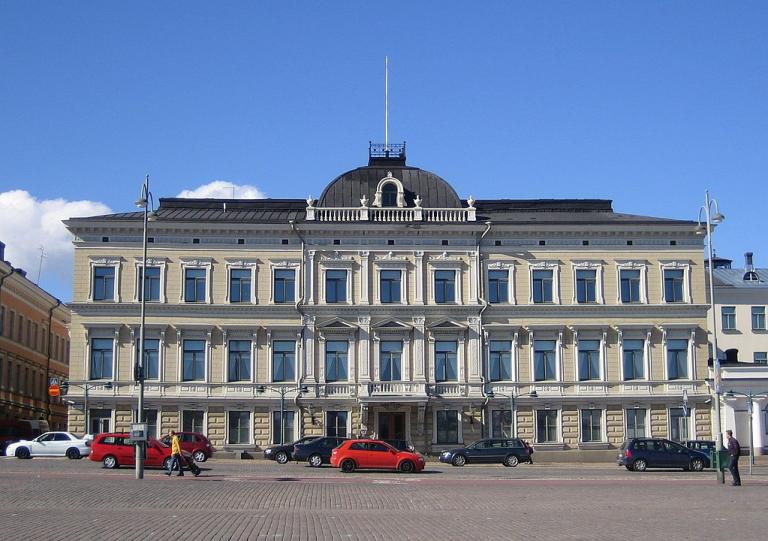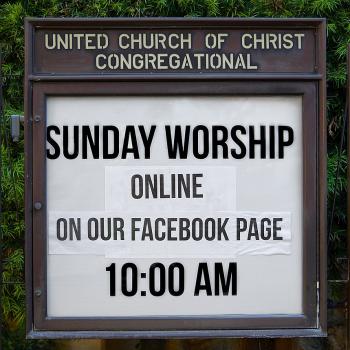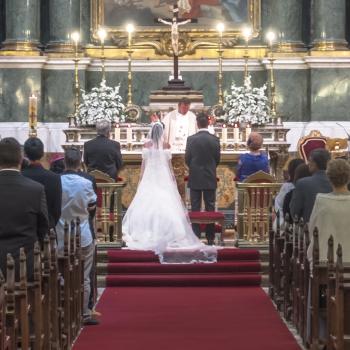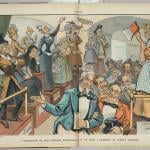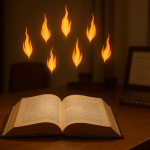The trial in Finland of Päivi Räsänen and Bishop Juhana Pohjola for their teaching what the Bible says about homosexuality is over, with the verdict scheduled for March 30. But the case might be appealed to the European Court of Human Rights, which could set precedents for all of Europe and beyond.


